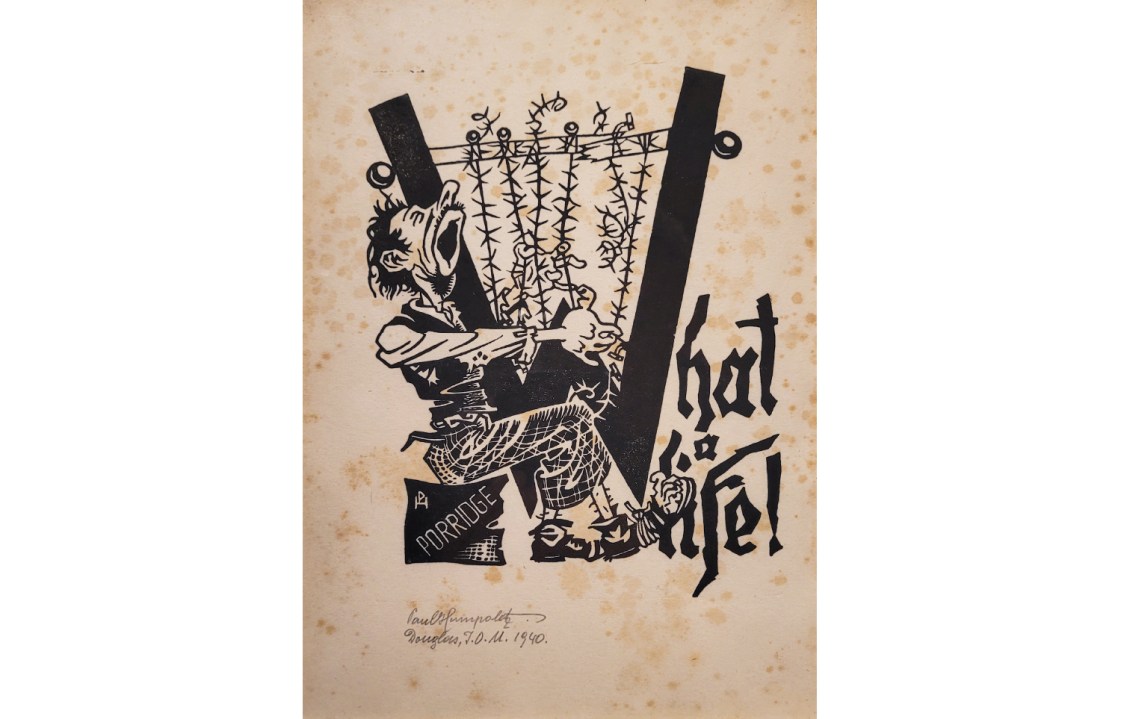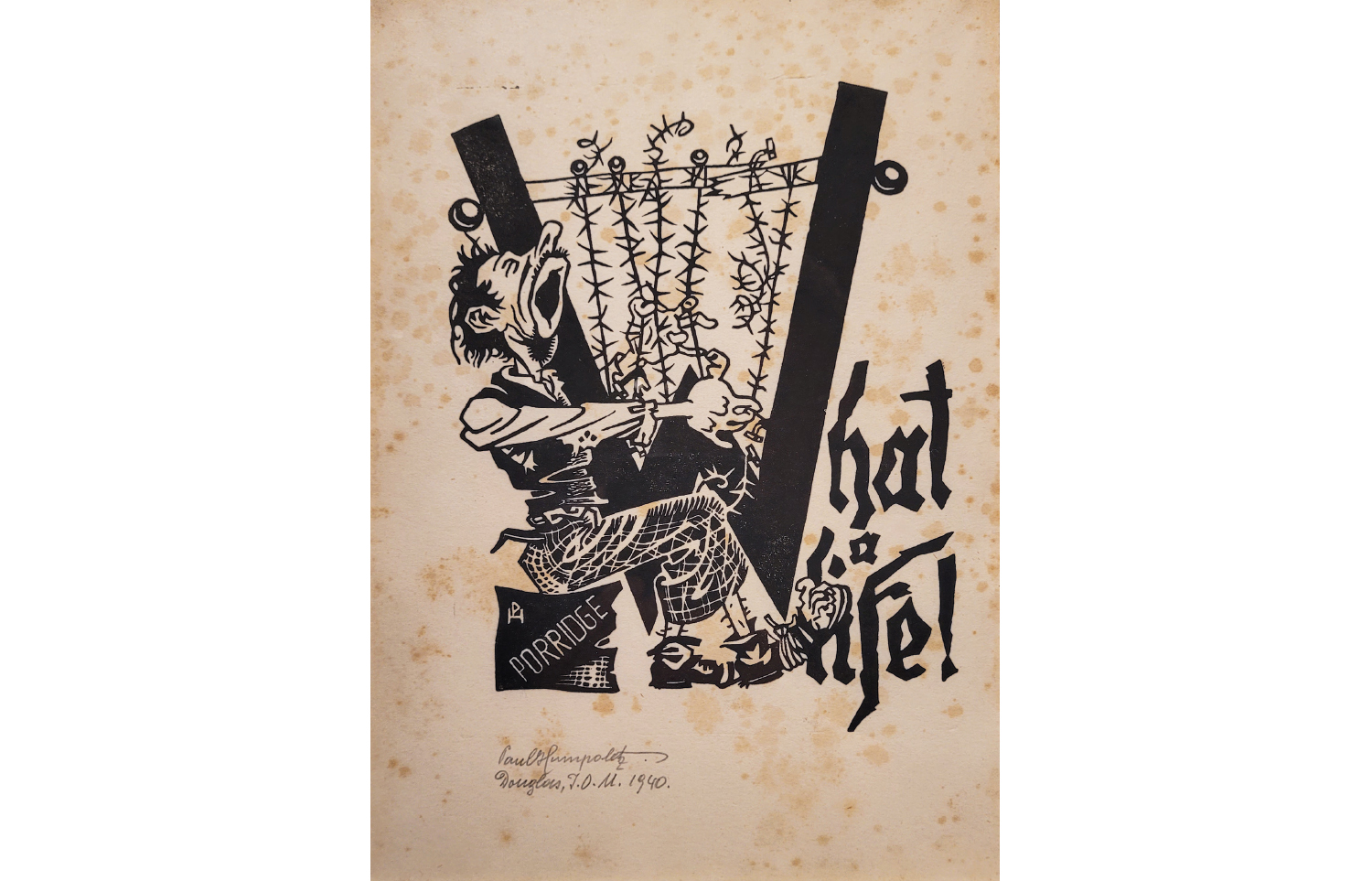Halfway up the stairs to the Royal College of Music’s exhibition Music, Migration & Mobility is a map of NW3, covered in red dots. It’s centred on the Finchley Road north of Swiss Cottage, and every dot (there are nearly 50) represents a business or an institution associated, in the middle years of the last century, with a refugee from the Nazis. Herr Zwillenberg offers upholstery repairs; a grocer stocks sauerkraut ‘and all Continental Delicacies’. There are adverts for fundraising concerts and political lectures; a Blue Danube Club and a Café Vienna. It’s urban Mitteleuropa in miniature, uprooted, transplanted, and clinging together for comfort and mutual support. They called it ‘Finchleystrasse’.
It’s mostly vanished now, though there are still many who remember when South Hampstead was a little Vienna or Berlin; and when the members of the Amadeus Quartet – three Viennese refugees and an Englishman – had their Stammtisch at the Cosmo Restaurant on Northways Parade. The scope and significance of the émigrés’ musical contribution to postwar British culture can be encapsulated in the fact that Benjamin Britten’s last string quartet was premièred by the Amadeus Quartet and dedicated to Hans Keller, the Austrian-born BBC producer and musicologist who went on to write sports columns for The Spectator. Keller was married to the artist Milein Cosman, whose vigorous portraits of fellow émigrés are part of the RCM’s permanent collection.
It’s urban Mitteleuropa in miniature, uprooted, transplanted, and clinging together for comfort
Music, Migration & Mobility explores that legacy. In part, it’s a story of lives remade in the UK: the cello case of Anita Lasker-Wallfisch, who survived Auschwitz and Belsen and founded a dynasty of British musicians, is plastered with cheerful luggage labels; testament to postwar tours as a member of the English Chamber Orchestra. But there are some sharp jolts to British complacency, the bleakest being artefacts from the internment camps for ‘Enemy Aliens’ that were set up on the Isle of Man in 1940.








Comments
Join the debate for just £1 a month
Be part of the conversation with other Spectator readers by getting your first three months for £3.
UNLOCK ACCESS Just £1 a monthAlready a subscriber? Log in